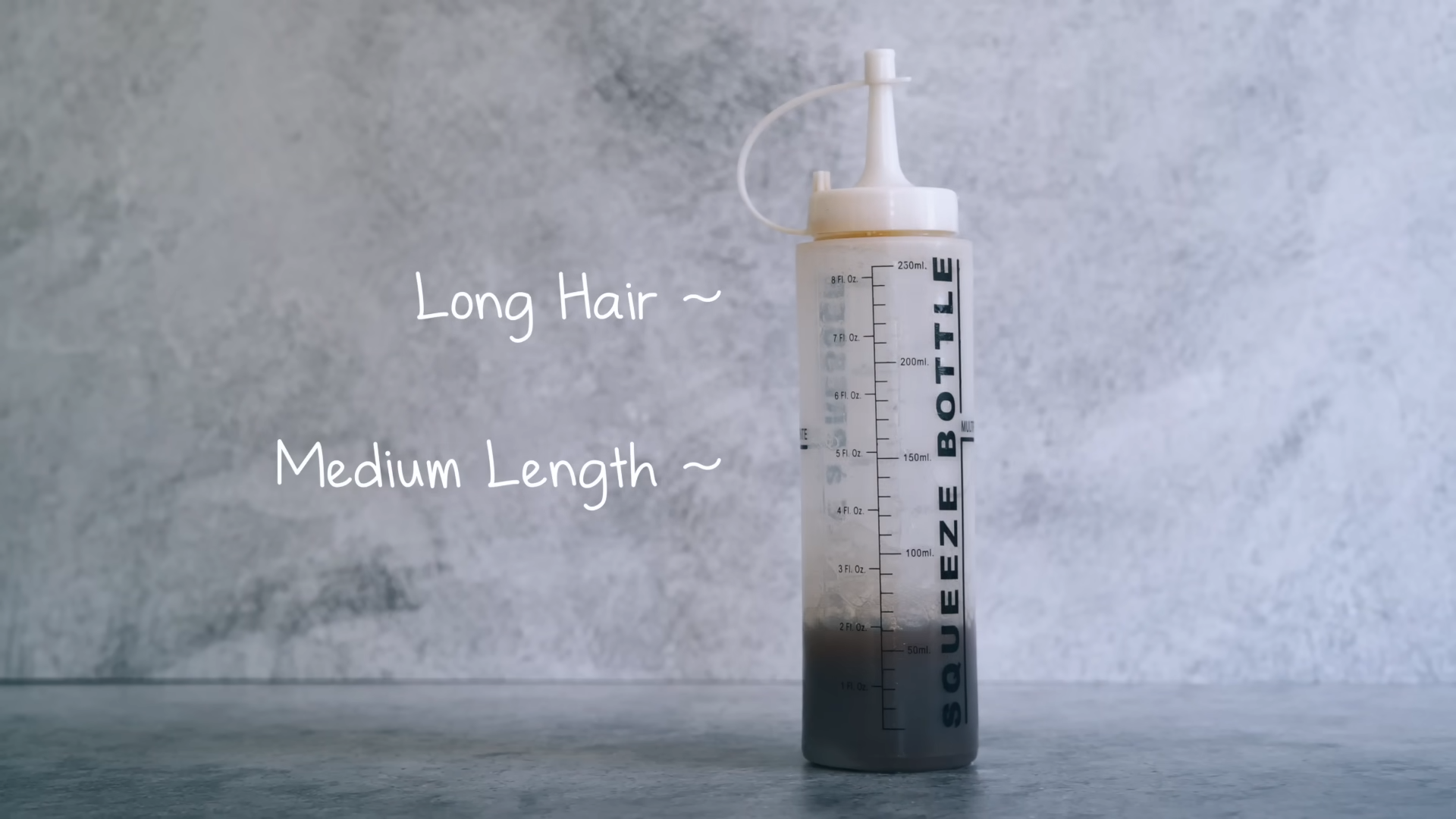Creating your own natural shampoo using herbal ingredients is an excellent way to nourish your hair while avoiding harsh chemicals. Herbal shampoos are made from natural elements like aloe vera, rosemary, and chamomile, which cleanse and strengthen hair without stripping it of essential oils. By making shampoo at home, you can control the ingredients, ensuring they are pure and beneficial. This process not only promotes healthier hair but also supports a more sustainable lifestyle by reducing the use of plastic packaging and synthetic substances.
What Ingredients Are Used in Herbal Shampoos?
Herbal shampoos rely on natural ingredients that have been used for centuries to maintain healthy hair. Common ingredients include aloe vera, known for its moisturizing properties, and rosemary, which stimulates hair growth. Chamomile is another popular ingredient that adds shine and soothes the scalp.
These ingredients are chosen not only for their specific benefits but also for their gentle nature. They cleanse the hair without stripping it of natural oils, unlike many commercial shampoos. Using these ingredients can result in healthier, shinier hair with fewer chemical residues.
Where to Source Herbal Ingredients for Your Shampoo?
Finding high-quality herbal ingredients is crucial for making effective natural shampoo. These can be sourced from local farmers’ markets, herbal stores, or even grown in your backyard. Fresh herbs are ideal, but dried ones can also be used if stored properly.
It’s important to choose organic ingredients whenever possible to avoid contaminants like pesticides. For those new to herbal shampoo-making, starting with widely available herbs such as rosemary and chamomile is a good idea. Over time, you can experiment with different herbs to find the best blend for your hair type.
1. Choosing the Right Herbs
Selecting the right herbs depends on your hair type and the specific benefits you want. For example, rosemary is excellent for stimulating hair growth, while aloe vera is perfect for hydration. A blend of these can create a balanced shampoo that meets multiple hair needs.
2. Preparing the Ingredients
Before making your shampoo, properly prepare the herbs by washing and drying them. For fresh herbs, chop them finely to release their oils. If using dried herbs, ensure they are free from moisture to prevent spoilage. This preparation ensures that your shampoo will be both effective and long-lasting.
When and How Often Should You Use Herbal Shampoo?
Using herbal shampoo can be a part of your regular hair care routine, but how often depends on your hair type and needs. For most people, washing hair two to three times a week is sufficient. Herbal shampoos are gentle enough for regular use without causing buildup.
It’s also beneficial to give your hair time to adjust if you’re switching from commercial products. Herbal shampoos may not lather as much, but they cleanse just as effectively. With consistent use, you’ll notice your hair becoming healthier and more vibrant over time.
1. Establishing a Routine
Incorporating herbal shampoo into your hair care routine may require some adjustments. Start by using it every other wash and observe how your hair responds. Gradually, you can increase the frequency based on your hair’s needs.
2. Benefits Over Time
Consistent use of herbal shampoo results in long-term benefits such as stronger, shinier hair with less breakage. Herbal ingredients nourish the scalp and hair follicles, promoting overall hair health. Over time, you’ll notice a significant improvement in the texture and strength of your hair.
The Advantages of Making Your Own Herbal Shampoo
Making your own herbal shampoo is not only rewarding but also highly beneficial for your hair and overall well-being. By using natural ingredients, you eliminate exposure to harmful chemicals found in many commercial products. This approach allows for customization according to your hair’s unique needs, ensuring that your shampoo is as effective as possible. Additionally, creating your own shampoo supports a more sustainable lifestyle by reducing waste and relying on eco-friendly ingredients. Embrace the art of natural shampoo-making for healthier, more vibrant hair.








